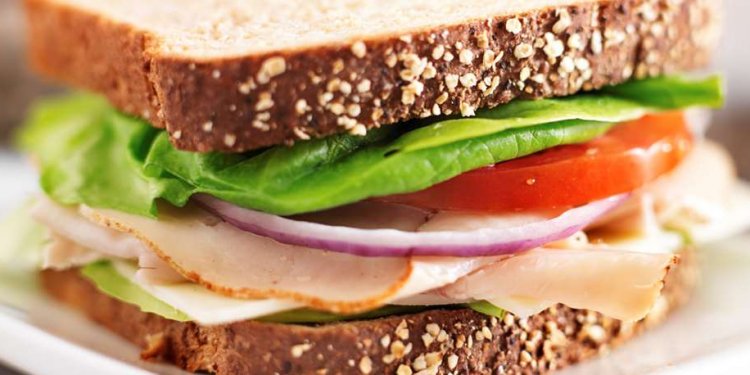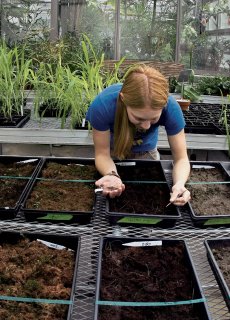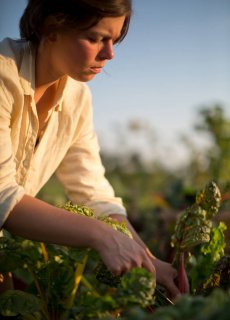
Places to Eat in Middlebury VT
 Middlebury College is in the midst of hiring a food systems senior faculty member to develop our Global Food Program. While there has not been a formal food studies major, food courses have been taught at Middlebury and at the Schools Abroad for decades. Students are also interested in food beyond the classroom and have been active in creating a student farm, participating in the Real Food Challenge and the FoodWorks Fellowship.
Middlebury College is in the midst of hiring a food systems senior faculty member to develop our Global Food Program. While there has not been a formal food studies major, food courses have been taught at Middlebury and at the Schools Abroad for decades. Students are also interested in food beyond the classroom and have been active in creating a student farm, participating in the Real Food Challenge and the FoodWorks Fellowship.
Middlebury FoodWorks Fellowship combines a for credit food systems course with a paid nine-week internship. Students live, cook and learn together at each site: VT, KY, D.C. Its mission is to provide summer experiential opportunities that enhance student learning and engagement in food studies. Students participate together in a curriculum designed to meet targeted learning objectives on sustainable agriculture and ecology; food systems; community and economic development; nutrition and health; and other topics such as food security and justice, policy, culture and traditions. Students also have formal and informal opportunities to engage in the community around food throughout their summer. Middlebury FoodWorks was piloted in Louisville in 2012, and expanded to include our Vermont partners in 2013. FoodWorks will expand to California and Washington, D.C. in 2015.
Food Systems
What we eat can connect us to other people, as well as to the places where our food comes from. For these reasons, Middlebury places a strong emphasis on local food, as well as composting. Dining Services sources food products from 50 Vermont food producers and also purchases small amounts of fresh produce from the student-run organic farm. Twenty five percent of food at Middlebury is sourced from Vermont, and we divert nearly all food waste from ending up in the landfill through our composting program.
 Real Food at Middlebury
Real Food at Middlebury
Middlebury has committed to the Real Food Challenge with a 30% goal by 2016. Students began organizing around real food in 2012. They gathered data from fellow students and found campus wide support for their work to create a more sustainable food system. They also started having discussions with Dining Services and received a grant from the Environmental Council to fund the first real food internships in 2014. During these internships, students tracked and recorded 3 months worth of purchasing receipts to create a baseline measurement of our real food, which was about 22%. Over the summer the students worked with Dining Services to implement five food products (shifting to new products that qualified as real food). This brought us up to a real food percentage of 25.4%. Students continue to research reaching 50% real food by 2020.

















